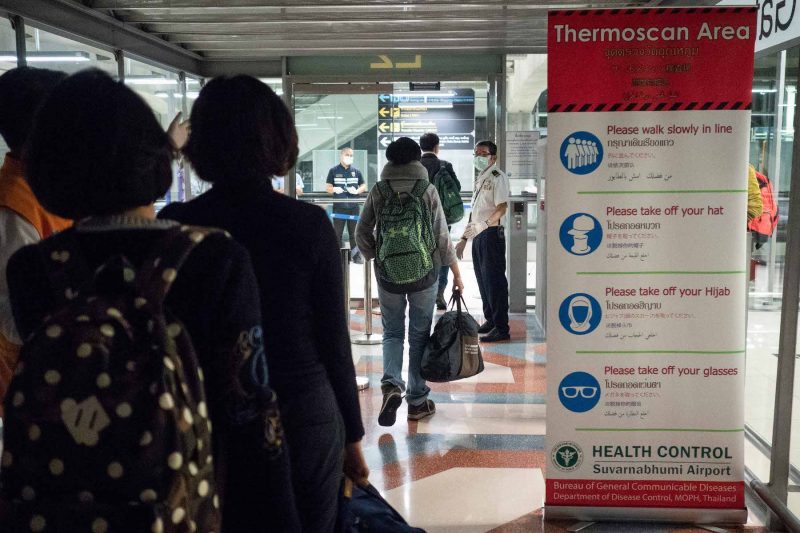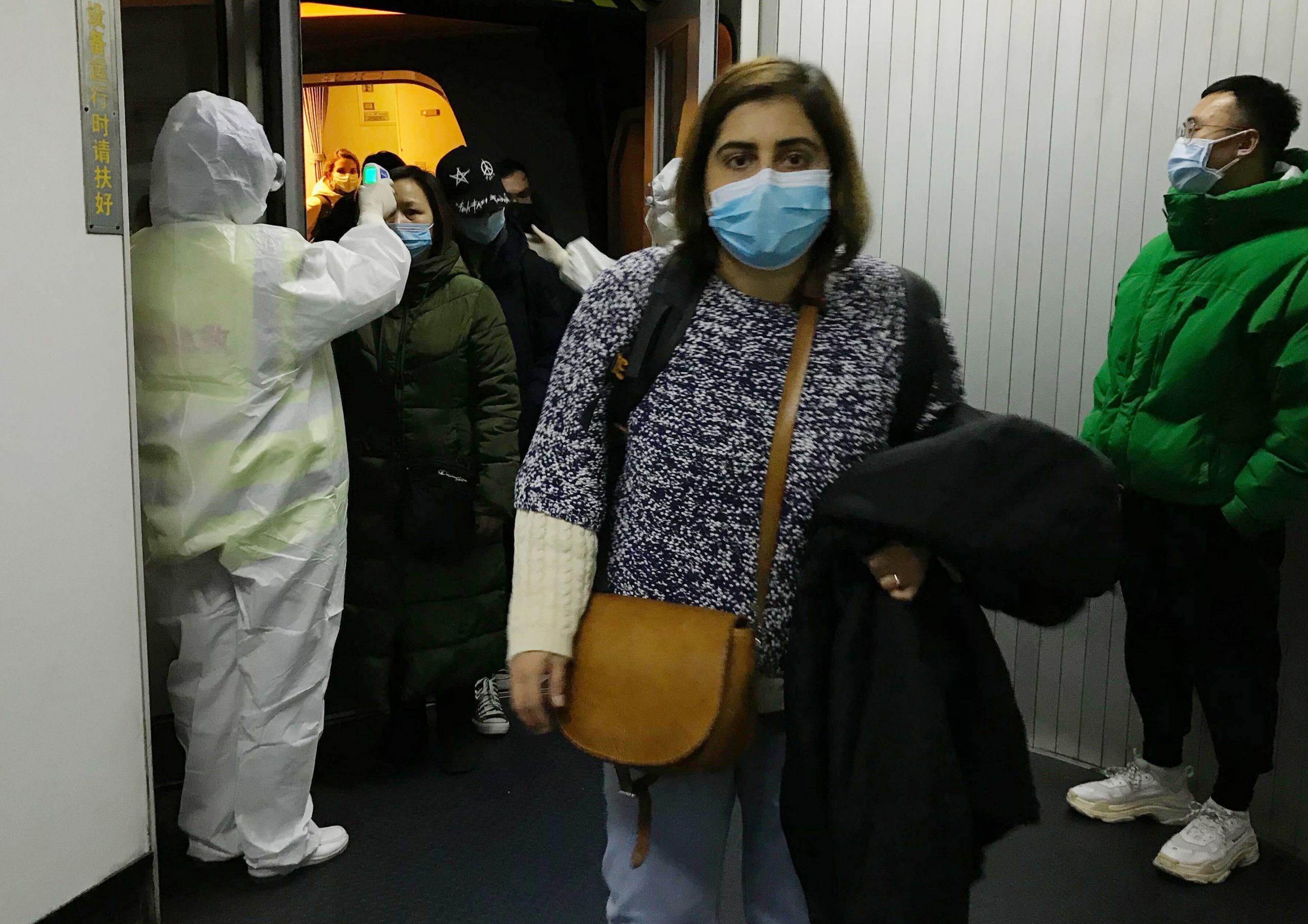- A mysterious coronavirus that originated in Wuhan, China, has killed 17 people and infected more than 544.
- The outbreak has spread to at least six other countries, including the US.
- On Wednesday, local disease-control authorities in Wuhan issued an order to shut down the city’s public transportation, including buses, trains, ferries, and the airport.
- The Wuhan coronavirus can pass from human to human, so officials are working to stop it from spreading further.
- Visit Business Insider’s homepage for more stories.
Seventeen people have died from a mysterious coronavirus in China, and more than 544 people have been infected across six countries.
The virus, which is marked by fevers and pneumonialike symptoms, originated in Wuhan, an 11 million-person city in China’s Hubei province.
On Wednesday, local disease-control authorities in Wuhan issued an order to quarantine the city, which is slated to go into effect on Thursday at 10 a.m. local time. The order stops all public transportation, including city buses, trains, and ferries. It also prevents any buses or trains from coming into or leaving the city and grounds all planes at the Wuhan airport.
According to Tedros Adhanom Ghebreyesus, the director-general of the World Health Organization, this move will not only help Chinese authorities control the outbreak in the country but also “minimize the chances of this outbreak spreading internationally.”
"What they're doing is a very, very strong measure, and with full commitment," Ghebreyesus said in a WHO press conference Wednesday afternoon.
Quarantining 11 million people

Wuhan is China's fifth-largest city and more than 3,200 square miles in size. By comparison, New York City has about 8 million people - nearly 3 million fewer than Wuhan.
The city is split into three districts: Hankou, Wuchang, and Hanyang, with rivers cutting in between them. Many people work in one district and live in another, so the ban on interdistrict travel will likely cripple the city's normal functioning.
According to local authorities, citizens are no longer permitted to leave Wuhan without a "special reason."
The announcement comes as the Lunar New Year approaches. Usually, the annual 40-day holiday leads the country's trains, planes, roads, and ferries to fill as 3 billion people journey home to be with family.
The Chinese government has asked people to cancel plans to visit Wuhan; President Xi Jinping said it was "extremely crucial" to stop the virus.
Efforts to stop the spread of the coronavirus

The Centers for Disease Control and Prevention announced on Tuesday that five US airports - New York's John F. Kennedy International Airport, San Francisco International Airport, Los Angeles International Airport, Hartsfield-Jackson Atlanta International Airport, and Chicago O'Hare International Airport - would begin screening passengers for the virus.
Airports in Hong Kong, Singapore, Thailand, and South Korea are also screening passengers for fever.
Travelers leaving Wuhan this week had their temperatures checked.
But according to Eric Toner, a senior scientist at Johns Hopkins University, the quarantine on Wuhan may come too late.
Given the number of cases already, "any sort of travel restrictions are likely to be ineffective," he told Business Insider.

Bart Haagmans, a virologist at the Erasmus University Medical Center in Rotterdam, Netherlands, told Business Insider that one of the challenges in containing the outbreak is that a substantial fraction of infected people show only mild symptoms.
These people "may go unnoticed in tracing the virus and fuel the outbreak," he said, adding, "It seems that this actually may be the case now."
Aria Bendix and Ryan Pickrell contributed reporting to this story.

